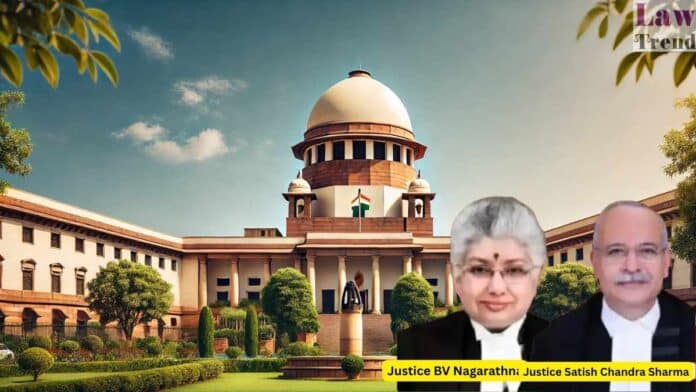The Supreme Court has granted bail to a Muslim man accused of concealing his religious identity to marry a Hindu woman, while making significant observations about the right of consenting adults to live together irrespective of their faiths.
A bench comprising Justice B.V. Nagarathna and Justice Satish Chandra Sharma delivered the judgment while hearing an appeal against a February 2025 order of the Uttarakhand High Court, which had denied bail to the accused. The man had been arrested under provisions of the Uttarakhand Freedom of Religion Act, 2018, and the Bharatiya Nyaya Sanhita, 2023, for allegedly concealing his religious identity and fraudulently marrying a Hindu woman.
While granting bail, the apex court observed, “The State cannot object to the appellant and his wife living together, especially when their marriage took place with the consent and in the presence of their parents and families.” The Court emphasized that the continuation of criminal proceedings should not interfere with the couple’s right to live together.
The bench further noted that the accused had already spent nearly six months in jail and that the chargesheet had been filed. These factors contributed to the Court’s decision to grant bail.
It was also submitted before the Court that the marriage was conducted with full knowledge and presence of both families. On the following day, the accused, Mr. Siddiqui, executed an affidavit stating that he would not compel his wife to convert and that she would remain free to practice her own religion. The petitioner’s counsel argued that the FIR was filed only after certain individuals and groups objected to the interfaith marriage.




